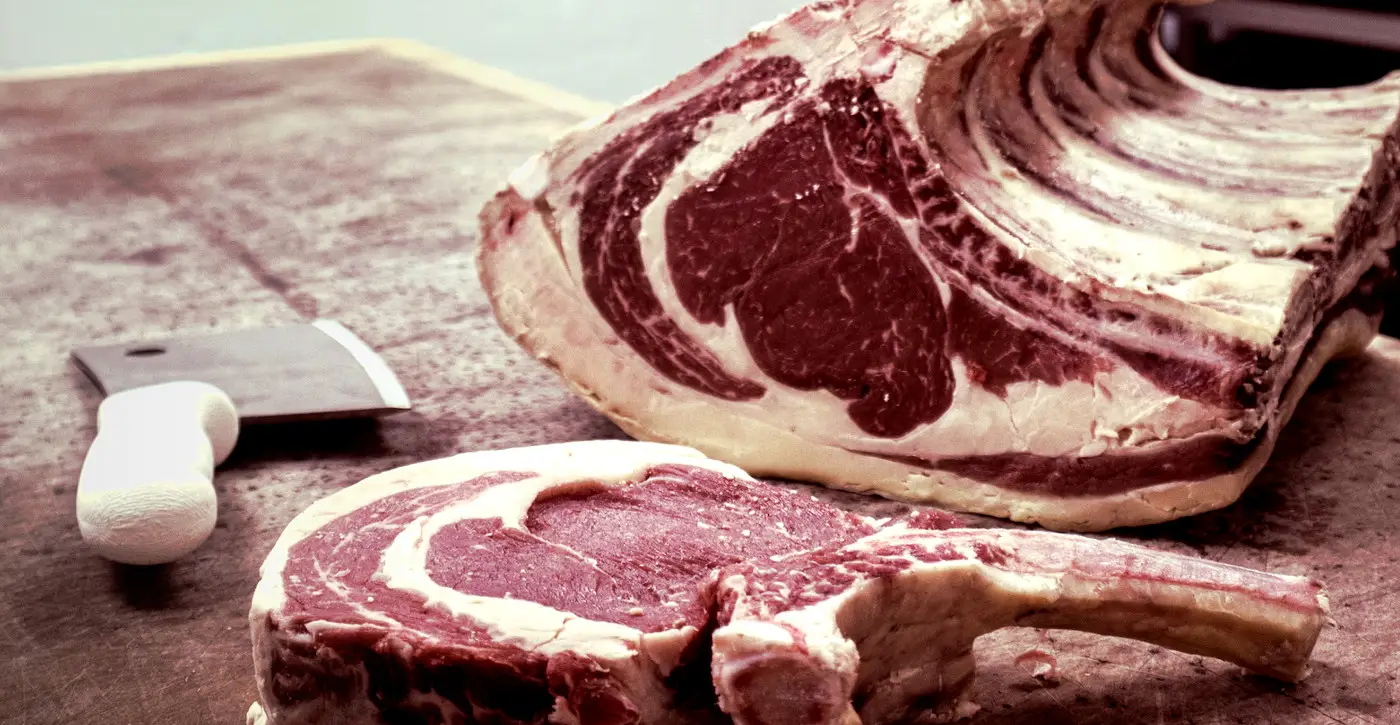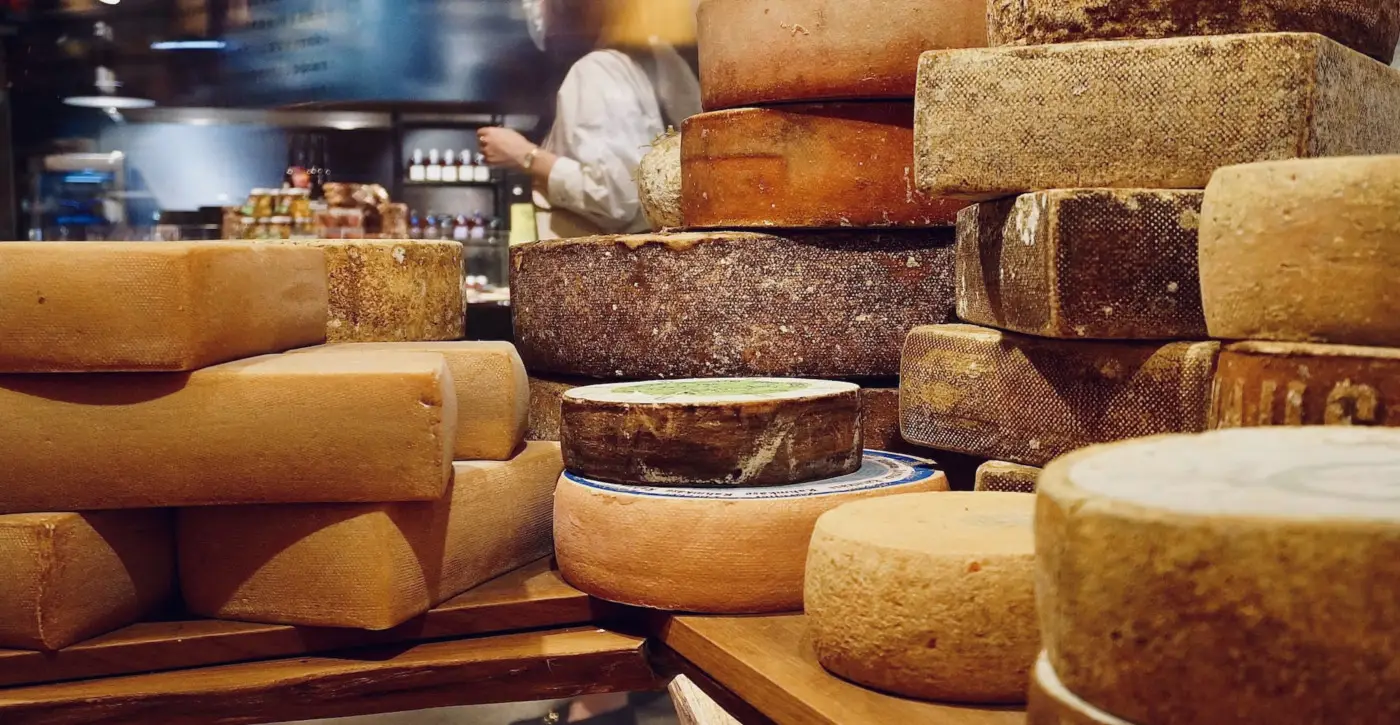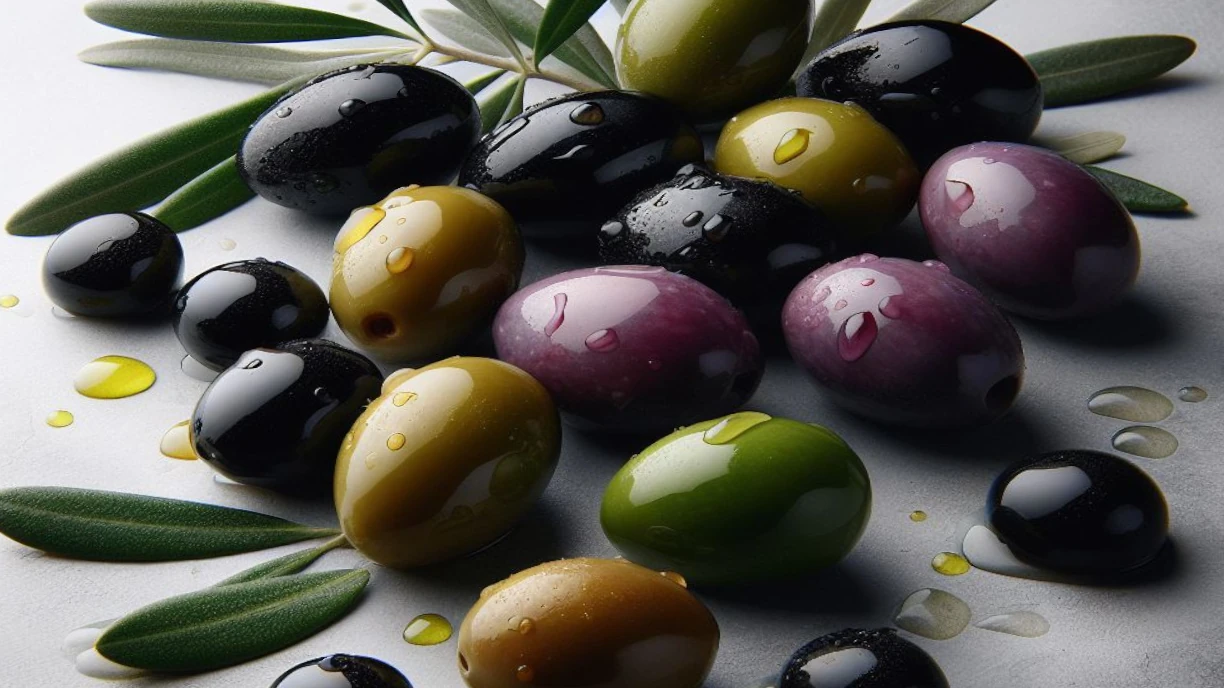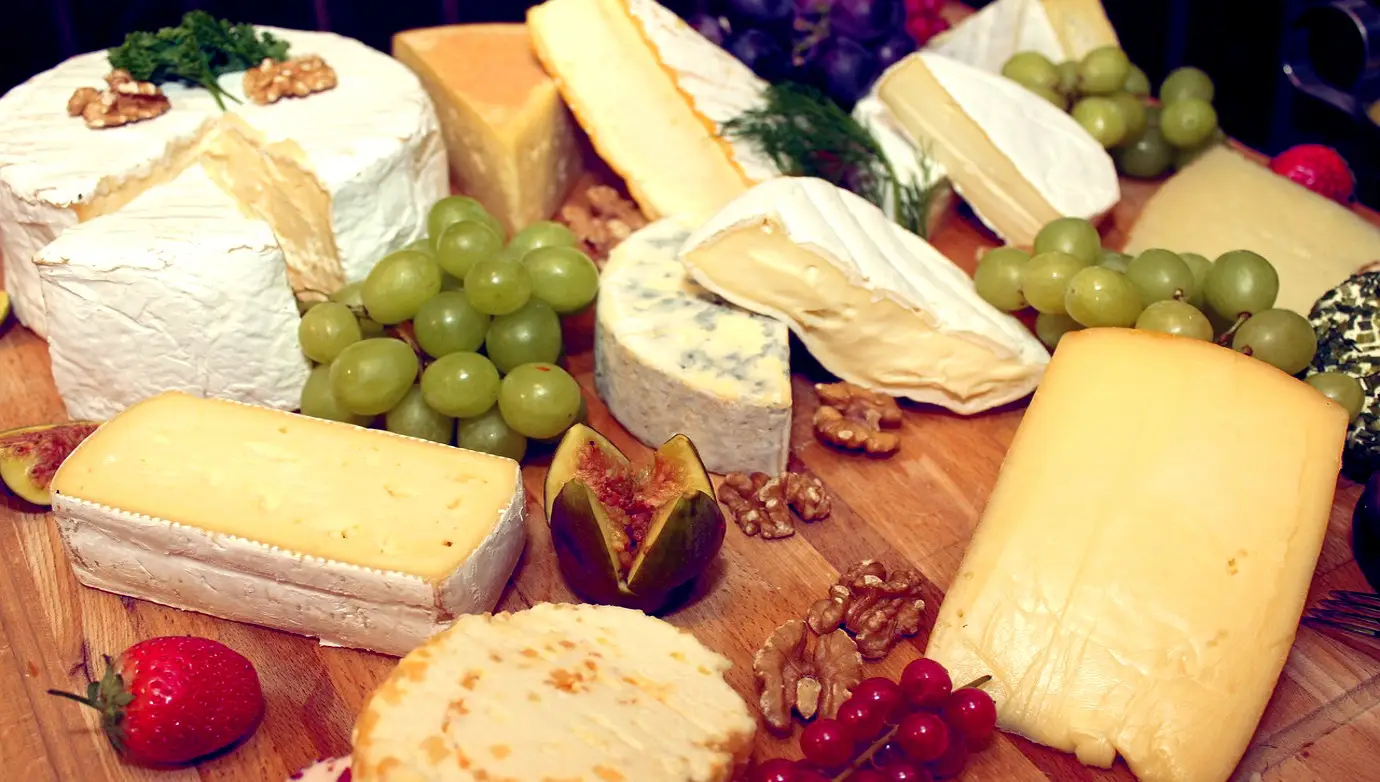White Rice Lysine and Arginine Info Sheet
Overview
White rice is a staple food in many cultures. It’s a type of grain that has been processed to remove its husk, bran, and germ, resulting in a polished white appearance.While white rice is lower in fiber and nutrients compared to whole grains, it’s often enriched with vitamins and minerals to boost its nutritional profile.
It’s also easy to digest, making it a good option for those with sensitive stomachs.
| Name | Lysine (mg/100g) | Arginine (mg/100g) | Ratio |
|---|---|---|---|
| White Rice | 240mg | 550mg | 0.44 |
White Rice contains 240mg of Lysine and 550mg of Arginine per 100g of product.
This means White Rice has a low Lysine-Arginine ratio of 0.44.
Because White Rice contains much higher levels of arginine than lysine, limiting its consumption is recommended by people who suffer from herpes, as it may trigger outbreaks.
Lysine Considerations
With 240mg of lysine per 100g, white rice provides a moderate amount of this essential amino acid.
Lysine plays a crucial role in protein synthesis, collagen formation, and immune function.
Lysine can help prevent or treat cold sores, which are blisters caused by the virus HSV-1, also known as herpes.
Lysine works by blocking the growth of HSV-1, which needs another amino acid called arginine to multiply and infect cells.
Lysine can only be obtained through diet, and can be found in a variety of high-protein foods like milk, cheese and yogurt, fish, eggs, meat and poultry.
Arginine Considerations
White rice contains 550mg of arginine per 100g. Arginine is a semi-essential amino acid that supports many physiological functions, including nitric oxide production, blood vessel dilation, and wound healing.
Arginine has multiple functions in the body, including wound healing, helping the kidneys remove waste products from the body, and maintaining immune and hormone function.
Arginine also plays a role in the replication of the herpes virus, making it a key factor in cold sore outbreaks.
The herpes virus requires arginine to grow, replicate, and create new herpes viruses.
Foods a decent source of arginine, such as nuts and chocolate, may increase the frequency and severity of these outbreaks.
Lysine-Arginine Ratio
The lysine-arginine ratio in white rice is 0.44, indicating that it contains more arginine than lysine.
This ratio can influence the balance of certain viruses in the body, such as the herpes simplex virus (HSV).
Lysine and arginine are both amino acids that are involved in protein synthesis and other metabolic processes.
That said, they have opposite effects on the herpes simplex virus, which causes cold sores and genital herpes.
Lysine can stunt the replication of the virus, while arginine can stimulate it.
Because of this, eating foods that have a high lysine-arginine ratio may help reduce the frequency and severity of herpes flare ups.
Some examples of foods that have a high lysine-arginine ratio are milk, cheese and yogurt, fish, poultry, fruits, and vegetables.
These foods can provide the body with enough lysine to block the absorption of arginine by the virus, and thus prevent its growth and spread.
Dietary Considerations
Grains are generally somewhat low in lysine and a good source of in arginine, which makes them less beneficial for people with herpes.
That said, some grains are better than others in terms of their lysine to arginine ratio.
Quinoa, amaranth, buckwheat, and seitan are some of the grains that have more lysine than arginine, or at least a balanced ratio.
These grains can be included in a healthy diet, as they also provide fiber, iron, and antioxidants.
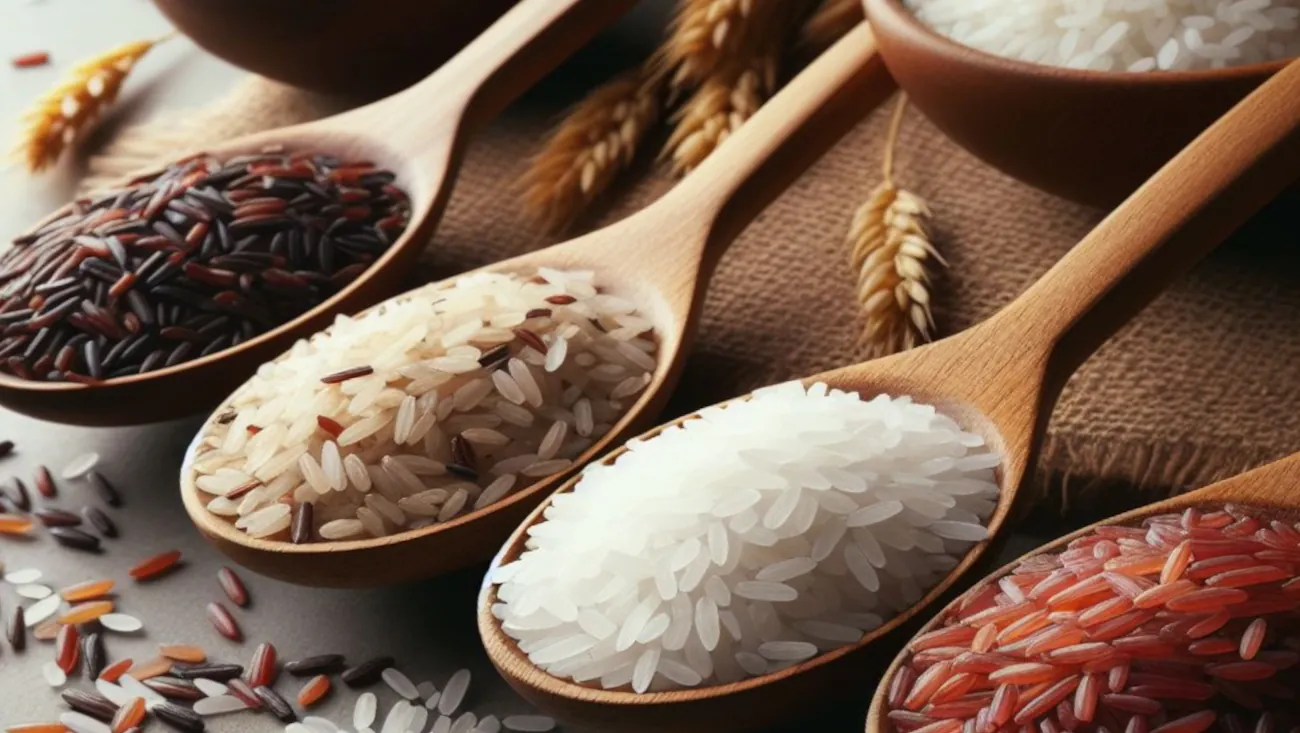
For example:
Avoid alcoholic beverages and caffeine which can overstimulate your body, leave you dehydrated, and compromise your immune system.Consider taking l-lysine supplements, which can help prevent herpes outbreaks and stop a cold sore before it emerges by limiting the availability of arginine for the virus, which it requires to produce a cold sore.
Other food supplements, such as vitamin C, zinc, selenium, and antioxidants, can help you boost your immunity and protect your cells from oxidative stress.
Pain, swelling, and itching can be reduced by eating foods that have anti-inflammatory, antiviral, and antibacterial properties, such as honey, yogurt, aloe vera, and chamomile.
These foods can also help you heal faster by promoting tissue repair.
Check more food information
